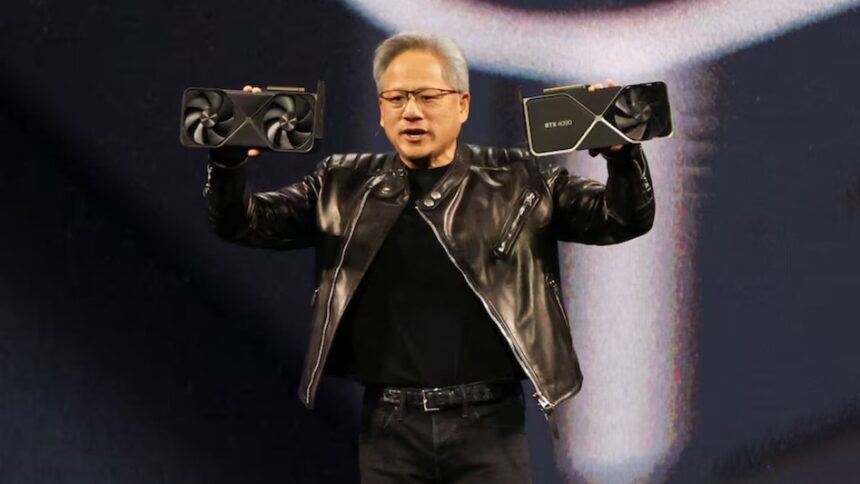Nvidia CEO Jensen Huang met with Chinese trade officials in Beijing on Thursday, just one day after the U.S. government launched a probe into the company’s chip sales to China, New York Times reported. The visit marks a complex moment for the chipmaker, whose business is caught between rising demand from China and tightening restrictions from Washington.
According to Chinese state media, Huang was invited by the China Council for the Promotion of International Trade, a state-affiliated body, and also held talks with Vice Premier He Lifeng. During the meeting, Huang reportedly said U.S. controls had significantly impacted Nvidia’s business operations in China. He reaffirmed the company’s commitment to the Chinese market, stating that Nvidia would “continue to spare no effort” to ensure its products comply with regulations.
“We regularly meet with government leaders to discuss our company’s products and technology,” a Nvidia spokesperson said.
The high-stakes diplomatic outreach comes amid growing pressure on the company. On Tuesday, U.S. officials informed Nvidia that it would require an export license for future chip sales to China, a restriction that could result in a $5.5 billion inventory hit. A day later, the House Select Committee on the Chinese Communist Party opened an investigation into whether Nvidia had knowingly violated export rules, particularly in relation to sales to Chinese AI startup DeepSeek.
The geopolitical friction is unfolding just after Nvidia pledged a $500 billion investment in AI infrastructure across the U.S., a move hailed by President Donald Trump’s administration as “the Trump Effect in action.” Yet despite the show of alignment at home, Huang now finds himself managing Nvidia’s most sensitive global relationship.
China has long been a vital market for the chipmaker, though its share of Nvidia’s revenue has dropped to its lowest in over a decade. In its last fiscal year, Nvidia generated $17 billion from China, compared to a global revenue of $130 billion — a 114% surge from the previous year.
Since 2022, Nvidia has adapted its chip offerings to remain in the Chinese market, including the development of a lower-performance version of its AI processors, like the H20 chip, specifically designed to avoid violating U.S. export rules. But tightening regulations and black-market chip trading have further complicated the landscape.
The ongoing probe and regulatory uncertainty sent Nvidia’s stock tumbling 6% on Wednesday. And with tensions mounting, the company is walking a tightrope balancing compliance with U.S. export controls while trying to retain its foothold in the world’s second-largest economy.
Adding to the intrigue, Huang was recently spotted attending a $1 million-per-person dinner with former President Trump at Mar-a-Lago, further underscoring the political complexities surrounding Nvidia’s future.








